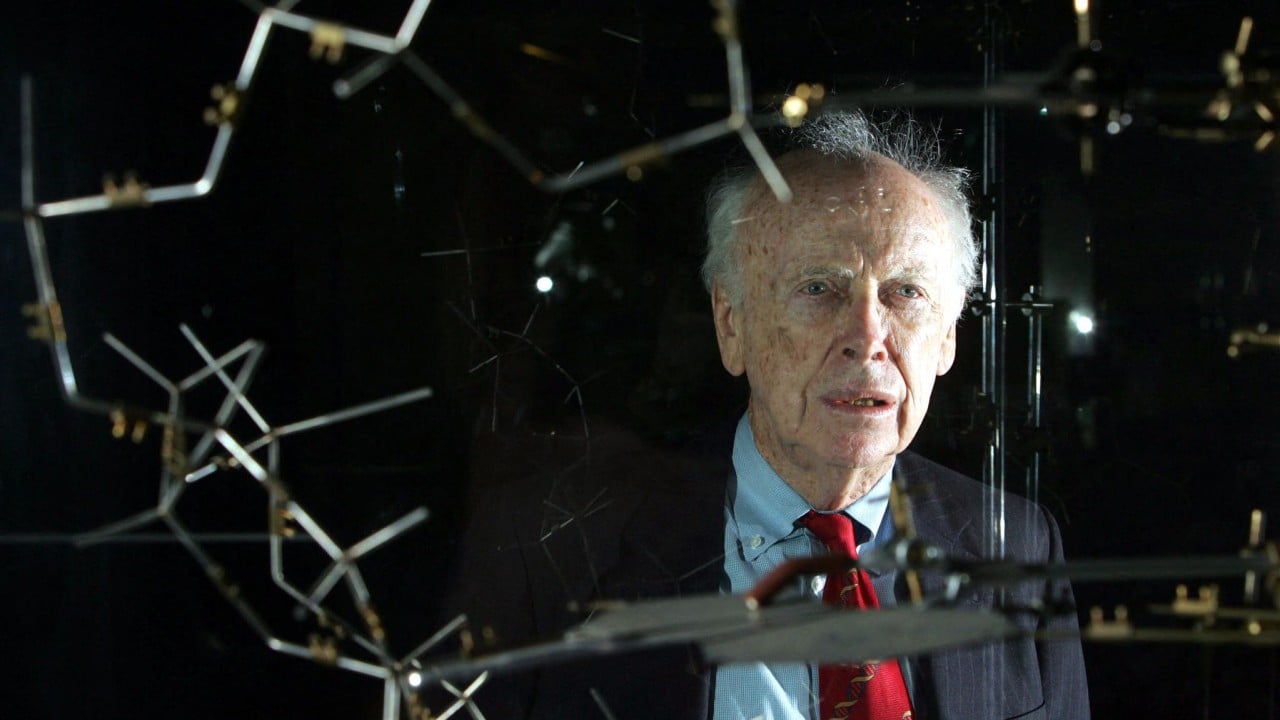James Watson was probably racist and sexist, but possibly no worse than many people. He was just less inhibited in saying such things out loud. Such views got him into serious trouble late in his life. He was cancelled before “cancel culture” was a thing.
Advertisement
But in criticising Watson – a towering figure in 20th-century science who died early this month aged 97 – you need first to understand two things: the evolution – pun intended – of biology from its inherent Western racism to its more recent “woke” or politically correct status; and the distinction between the undoubtedly racist statements Watson made and his legitimate questions about human evolution and the possibility of innate racial attributes.
The latter set of questions may be taboo in some cultural and scientific circles and are certainly uncomfortable to raise in polite society, but that doesn’t make them illegitimate to ask, as Watson did.
Let’s address the forgotten history. “Two theories of racial difference predominated in Western science in the century before Darwin; neither was egalitarian,” wrote author Louis Menand in The Metaphysical Club.
Both doctrines were deeply racist. Those who advocated monogenism believed in a common human origin, but races emerged over time through different rates of degeneration. Polygenism stated that different groups of people were created separately and had different attributes and aptitudes from the start.
Advertisement
Well into the 19th century, some slave owners in the American South believed in polygenism for obvious reasons, though it contradicted the story of Genesis in the Bible. Both doctrines were closely associated with the 19th century “science” of crania, which claimed to discern racial differences by studying people’s head sizes and shapes.

